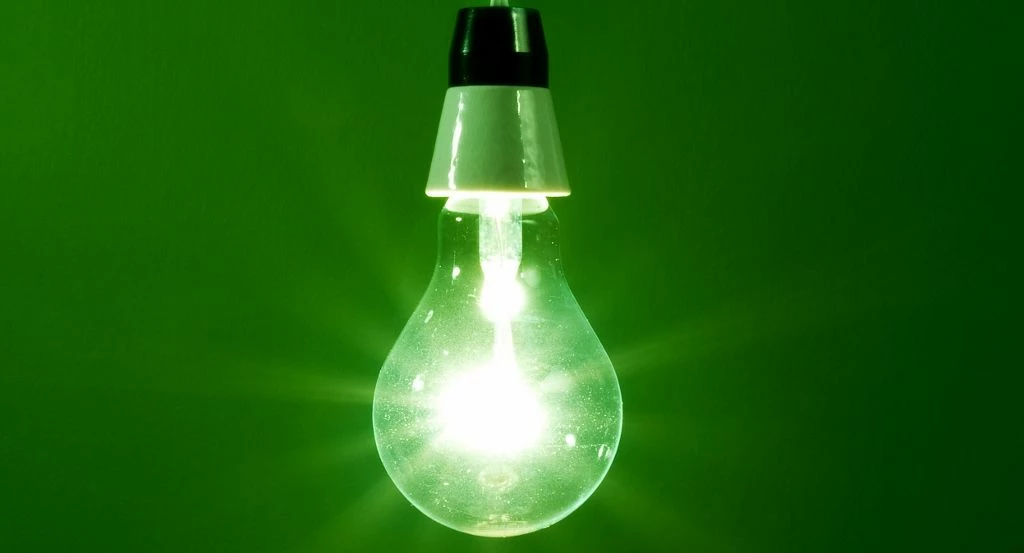
Partner Article
Rising gas fuels Britain's power generation in second quarter
Coal power plant outages and falling gas prices triggered a surge in gas-fired power generation in the second quarter of the year.
That was the stand-out highlight of the latest GB Electricity Market Summary by energy data analyst EnAppSys.
In the three months to the end of June, gas-fired generation contributed 10.8GW (29%) to Britain’s power mix – a 9% increase on its contribution in the first quarter of the year.
The rise was attributable to rapidly declining gas prices caused by excess gas supplies in storage, which made gas generation more commercially viable than coal towards the end of the quarter.
It was also caused by operators choosing to use the warmer weather to begin maintenance on several coal plants – triggering a fall in coal’s share of the overall power mix, from 35% in the first quarter to 26%. Lower-than-expected levels of wind generation, caused mainly by benign weather conditions, also led to an increase in gas generation.
The study said demand for electricity was lower than in the corresponding three months of 2013, due to warmer weather and a rise in embedded solar generation, which reduced the need for additional power generation from other sources.
Paul Verrill, Director of EnAppSys, said: “For the first month of the period, gas prices remained high enough to see no change in levels of coal-fired generation but from early May some coal units struggling with emissions limits anyway began to be displaced by gas-fired units.
“High supplies of gas in storage coupled with low levels of gas burn resulted in an inverted supply crisis where too much gas was going into storage. As a result, the system was rapidly running out of storage capacity. In response, gas prices had to fall to a point at which there would be higher levels of gas burn to offset the supplies of gas entering the system.
“By early June gas prices had fallen far enough to make the most efficient gas-fired plants more economically viable than the least efficient coal plants and at this point these newer gas plants began to displace some of the older coal plants.
“If the overall decline in gas prices continues, it will increase pressure on suppliers to reduce their energy tariffs.”
He said concerns over the reliability of gas supplies from Russia had led to an injection of gas into storage, and with storage becoming full produced gas can only be sold in the market depressing prices. Generally wholesale energy prices declined during the quarter due to low demand, excess supplies and available capacity within the system.
The EnAppSys study showed that gas-fired power stations provided 29% of all of Britain’s power requirements during Q2 2014, while 26% came from coal-fired power stations. Nuclear units provided a further 21%, wind farms 7% and other sources, including interconnector flows into the country, provided the remaining 17%.
This was posted in Bdaily's Members' News section by EnAppSys .
Enjoy the read? Get Bdaily delivered.
Sign up to receive our daily bulletin, sent to your inbox, for free.








 £100,000 milestone drives forward STEM work
£100,000 milestone drives forward STEM work
 Restoring confidence for the economic road ahead
Restoring confidence for the economic road ahead
 Ready to scale? Buy-and-build offers opportunity
Ready to scale? Buy-and-build offers opportunity
 When will our regional economy grow?
When will our regional economy grow?
 Creating a thriving North East construction sector
Creating a thriving North East construction sector
 Why investors are still backing the North East
Why investors are still backing the North East
 Time to stop risking Britain’s family businesses
Time to stop risking Britain’s family businesses
 A year of growth, collaboration and impact
A year of growth, collaboration and impact
 2000 reasons for North East business positivity
2000 reasons for North East business positivity
 How to make your growth strategy deliver in 2026
How to make your growth strategy deliver in 2026
 Powering a new wave of regional screen indies
Powering a new wave of regional screen indies
 A new year and a new outlook for property scene
A new year and a new outlook for property scene